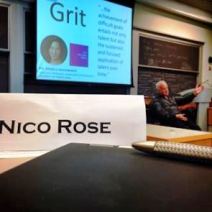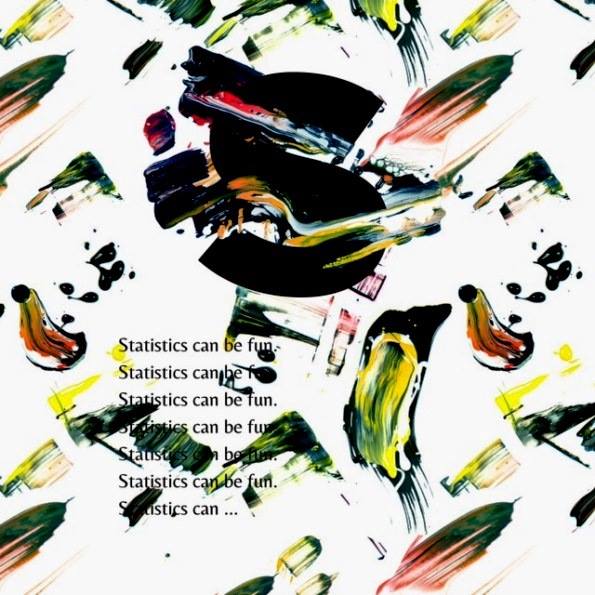 Does a heart surgeon need to have suffered from a heart attack in order to be a top-notch heart surgeon? Probably not. Does a psychotherapist need to have suffered from depression in order to be a top-notch psychotherapist? Probably not. But in the latter case, it might still help a lot. The difference: whereas in the first case, the patient lies in the operating room, in the second case, a hell of a lot of empathy is needed.
Does a heart surgeon need to have suffered from a heart attack in order to be a top-notch heart surgeon? Probably not. Does a psychotherapist need to have suffered from depression in order to be a top-notch psychotherapist? Probably not. But in the latter case, it might still help a lot. The difference: whereas in the first case, the patient lies in the operating room, in the second case, a hell of a lot of empathy is needed.
In Greek mythology, there´s the character of the centaur Chiron. Among other attributes, Chiron is the epitome of the Wounded Healer. He is frequently depicted as one of the greatest healers of his time – but was accidently hit by Hercules with a poisoned arrow, resulting in the only wound that he could not heal. And that might have turned him an even better healer.
By now, there´s a lot of evidence that prior personal experience with psychological distress (broadly speaking) is a strong driver for people to seek a career in coaching, counseling, and psychotherapy. Very recently, a study was published that additionally suggests that such a personal wound might also make them better a what they do compared to their unharmed colleagues.
In a paper by the name of Survivor mission: Do those who survive have a drive to thrive at work? the researchers (including Penn´s Angela Duckworth) investigate this issue using samples of police detectives (with and without a history of violent victimization) and mental health workers (with and without a history of mental illness). Their results indicate that police detectives who have experienced violent victimization and mental health professionals who have experienced the same mental illness as their clients do indeed exhibit greater work engagement than their colleagues who lack these parallel life experiences. The link between firsthand experience of client’s hardships and work engagement appears to be explained by higher levels of grit among police detectives and by a greater sense of life-narrative continuity among mental health professionals. In a nutshell:
Wounded Healers seem to try harder and experience a stronger sense of meaning in what they do.
These findings strongly resonate with a broader strand of research (in Positive Psychology) that investigates the phenomenon of Posttraumatic Growth (PTG). It is true that suffering a psychological trauma leaves a lot of people shattered. But that is by far not the only possible trajectory. Many people manage to reach a markedly higher level of psychological functioning some time after the trauma then they were at before. Specifically, successfully coping with a trauma can lead to:
- greater appreciation of life and changed sense of priorities;
- warmer, more intimate relationships with others;
- a greater sense of personal strength;
- recognition of new possibilities or paths for one’s life;
- and spiritual development.
As Nietzsche said: “What does not destroy me, makes me stronger.” That´s part of the the sheer beauty of the human soul.


